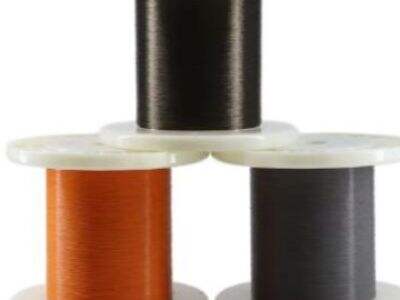Effects of Cable Length on Coaxial Signal Strength
Coaxial stuff carries signals for, say, TV and Internets. The cables in these systems are of varying lengths, and this length can be a major factor in how strong the signal is when it reaches its final destination. If you have too much cable, whether it’s wound up in a coil or stretched out, it can weaken the signal, resulting in a blurry picture on your TV or a slow internet connection.
Authors: Scott Nelson Scott Nelson Related to: A Tutorial on the DVB-RCS return channel 1 Introduction In many cable systems, design problems can be traced back to a poor understanding of the link between the length of cable and the signal loss as they relate to cable systems.
The more cable you run, the weaker the signal. This is because the signal must travel a larger portion of the cable and lost some of its power. This loss of signal strength is called signal loss, and it can cause fuzzy television pictures or slow internet. To avoid this, you must select an appropriate cable length for your coaxial setup.
How do I deal with a excessive cable length when setting up coax?
There are a couple of methods to account for cable length in coaxial arrangements, only one of which involves simply measuring from your device to the source of signal. By having the distance known you can pick the length of the cable you need to keep the signal loss to a minimum. You don't want cables that are any longer than they need to be, which can cause unwanted signal degradation as well.
The Science of Coaxial Cable Lengths
The reason it’s there is because of a thing called impedance. Impedance is a measure of how much the cable resists the flow of electrical signals. Making a cable too long raises its impedance and the signal can bounce around inside and decay over time. By carefully selecting an appropriate cable length, it can be managed to keep the impedance a minimum so that your signal arrives at the receptor with the least amount of loss.
Factors to Consider in Selecting the Right Length of Coaxial Cable for Optimal Signal Quality
There are several crucial things to think about when selecting the ideal cable length for your coaxial configuration. You’ll want to start by measuring the space between your devices to figure out how long of a cable you want. also keep in mind the quality of the cable itself - sometimes cheaper cables may not transport signal well overlonge distances. Other things such as electronic interference (from neighboring cables or other devices) can also affect your signal quality, so you probably want a cable length that minimizes both of these potential sources of signal degradation.

